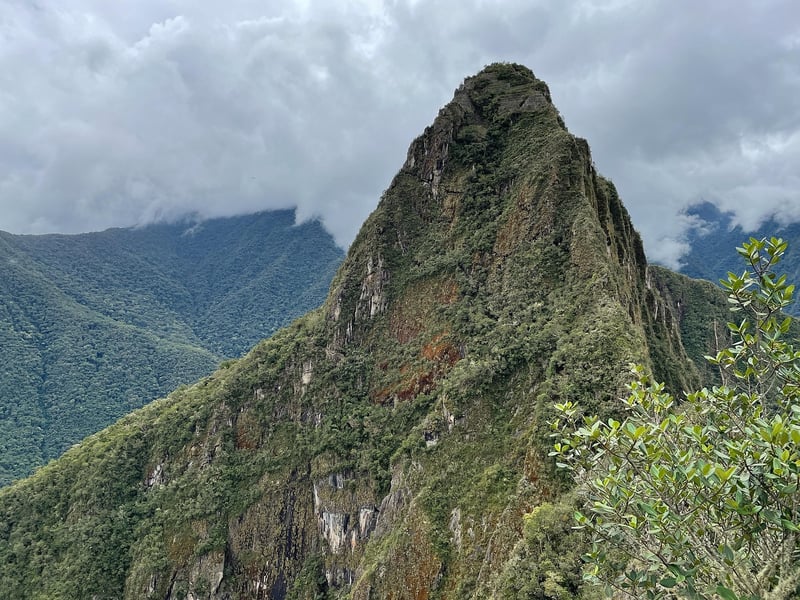Future Exploration
Exploring Different Eras and Future Exploration
Introduction
Throughout history, humanity has always been driven by a desire to explore and discover new frontiers. From ancient civilizations to the modern era, each period has seen remarkable advancements in exploration. Let's delve into the different eras of exploration and look ahead to the future of human exploration.
Ancient Exploration
Ancient civilizations such as the Egyptians, Phoenicians, Greeks, and Romans were pioneers in exploration. They ventured into unknown territories by land and sea, expanding their empires and exchanging goods and ideas with distant cultures.

Age of Discovery
The Age of Discovery in the 15th to 17th centuries marked a period of unprecedented exploration. Explorers like Christopher Columbus, Vasco da Gama, and Ferdinand Magellan set sail to find new trade routes, leading to the discovery of the Americas, Africa, and Asia.

Space Exploration
The 20th century witnessed a significant leap in exploration with the dawn of space exploration. Achievements like the moon landing, space probes to distant planets, and the International Space Station have expanded our understanding of the universe.

Future of Exploration
Looking ahead, the future of exploration holds exciting possibilities. Advancements in technology, such as AI, robotics, and space tourism, are set to revolutionize how we explore space and the depths of our oceans. Mars colonization and deep-space missions are on the horizon, promising a new era of discovery.
Conclusion
Exploration has been a driving force in shaping human history. From ancient seafarers to modern astronauts, each era has pushed the boundaries of what is possible. As we stand on the cusp of a new age of exploration, the spirit of discovery continues to inspire us to reach for the stars.
